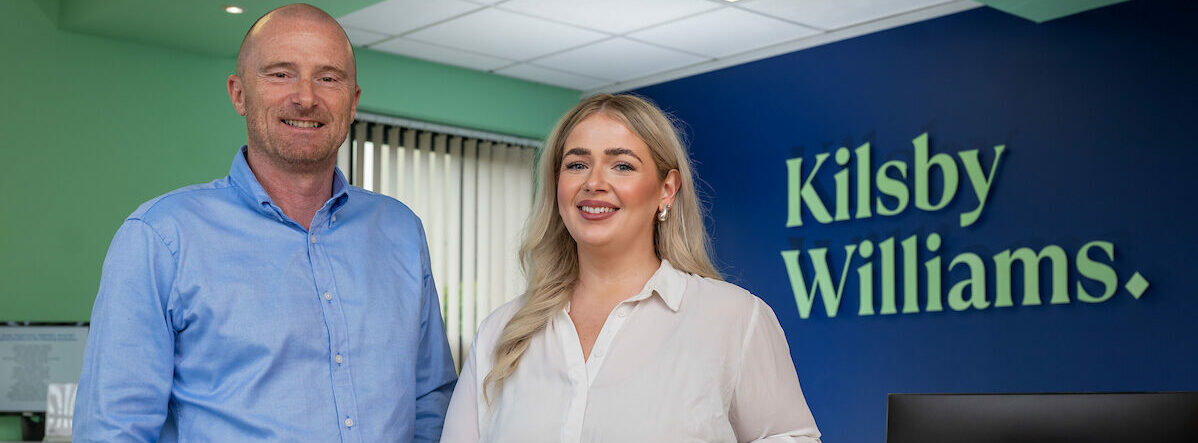One of the biggest considerations is whether a limited company should be set up as a vehicle for your investment. Many self-proclaimed “property gurus” today claim a company should always be set up before investing, but this is not the best route for many. Whilst a company has the potential to provide significant tax savings and flexibility, these advantages can often be outweighed by the additional administrative and cost burdens associated with running a limited company.
Since everyone’s circumstances and goals are different, there is no one-size-fits-all approach. We highlight below some key points to take into consideration when weighing up options.
Profits & Tax Liabilities
- Corporate tax rates – On profits below £50,000 a company pays tax at a rate of 19%, whilst on profits above £250,000 the rate is 25%. On profits between £50,000 and £250,000 a company pays an effective rate of tax of 26.5%.
- Personal tax rates outside Scotland – Property rental income is taxable on an individual at 20% for basic rate taxpayers (total annual income below £50,270) and 40% for higher rate taxpayers. Additional rate taxpayers (total annual income above £125,140) pay tax at 45% on their property rental income.
- Personal allowances – Most individuals are entitled to a personal allowance of £12,570, meaning the first £12,570 of your income in any year is tax free. A company will pay tax on its full profit.
- Mortgage interest – Individuals are only entitled to a tax deduction at the 20% rate for residential mortgage interest costs, regardless of whether they are a basic, higher or additional rate tax payer. Companies can obtain tax relief for 100% of their mortgage interest costs (subject to the corporate interest restriction which has a £2m threshold).
Administrative Costs & Obligations
A limited company comes with a substantial set of reporting and tax obligations which can be time-consuming and costly. These include:
- annual company accounts;
- annual corporation tax returns;
- annual Confirmation Statements;
- keeping Companies House records accurate and up-to-date.
Tax and Remuneration Planning
Investing through a limited company can provide significant tax and remuneration planning opportunities, allowing greater flexibility and control over profit extraction and tax liabilities. Some advantages are:
- profit can be extracted as a mixture of salary and dividends to minimise the tax burden;
- profits can be left in the company and reinvested in the business;
- the share structure of the company can allow tax planning opportunities where there are multiple shareholders including close family members.
Property disposals
- Individual tax rates – Individuals are subject to Capital Gains Tax (CGT) on any gain they make on the disposal of their interest in a property. The CGT rates are currently 18% (basic rate) and 24% (higher rate) for residential properties and 10% (basic rate) and 20% (higher rate) for commercial properties.
- Corporate tax rates – Companies pay tax at the corporation tax rates (as above) on the full gain.
- Annual exemptions – Individuals are currently entitled to an annual exempt amount of £3,000 which can be deducted from their total capital gains in a tax year.
Other Considerations
Some further considerations include:
- Exit strategies
- Property losses
- Annual Tax on Enveloped Dwellings (ATED)
- Land Transaction Tax (LTT), Stamp Duty Land Tax (SDLT) or similar
- Inheritance Tax (IHT) planning
If you are considering investing in a buy to let portfolio and would like assistance in evaluating your options, please contact David Pescod on 01633 653194 or david.pescod@kilsbywilliams.com or your usual advisor on 01633 810081 or email info@kilsbywilliams.com to discuss how we can help.




